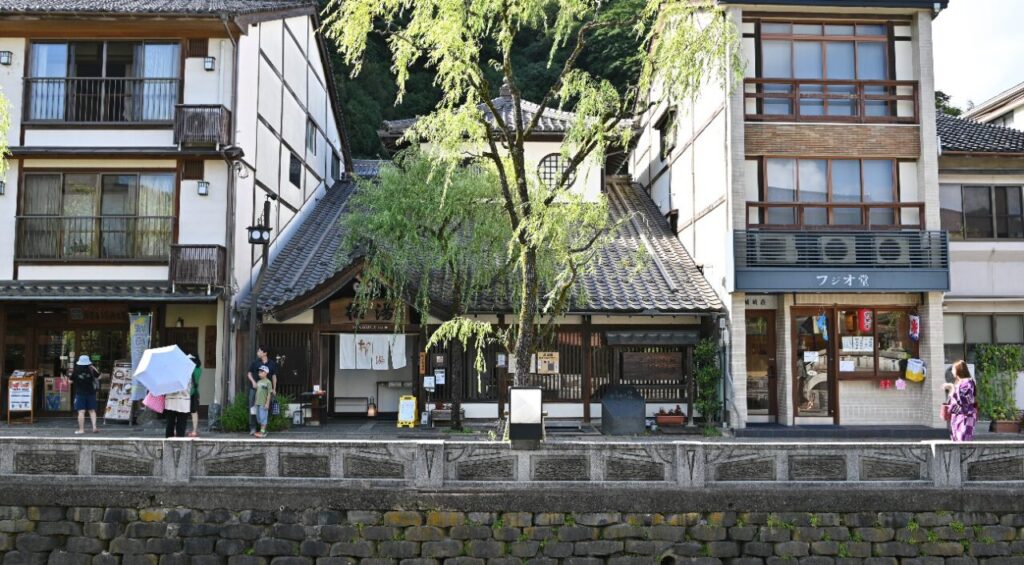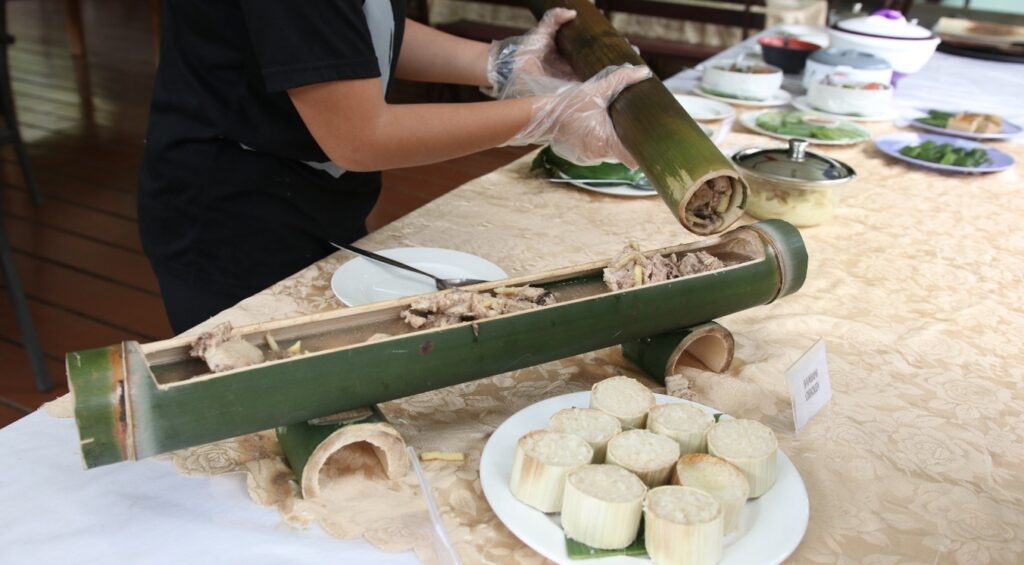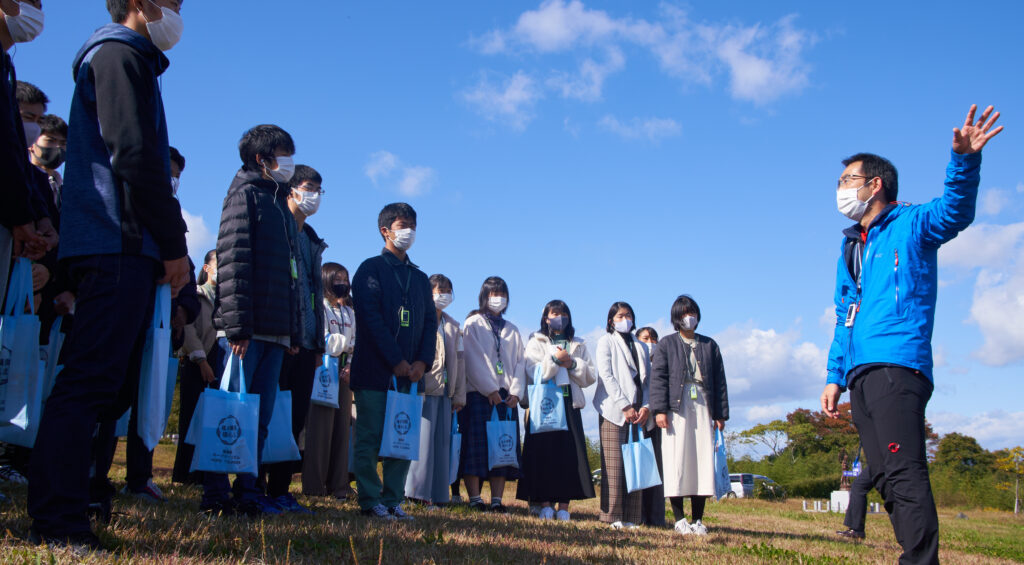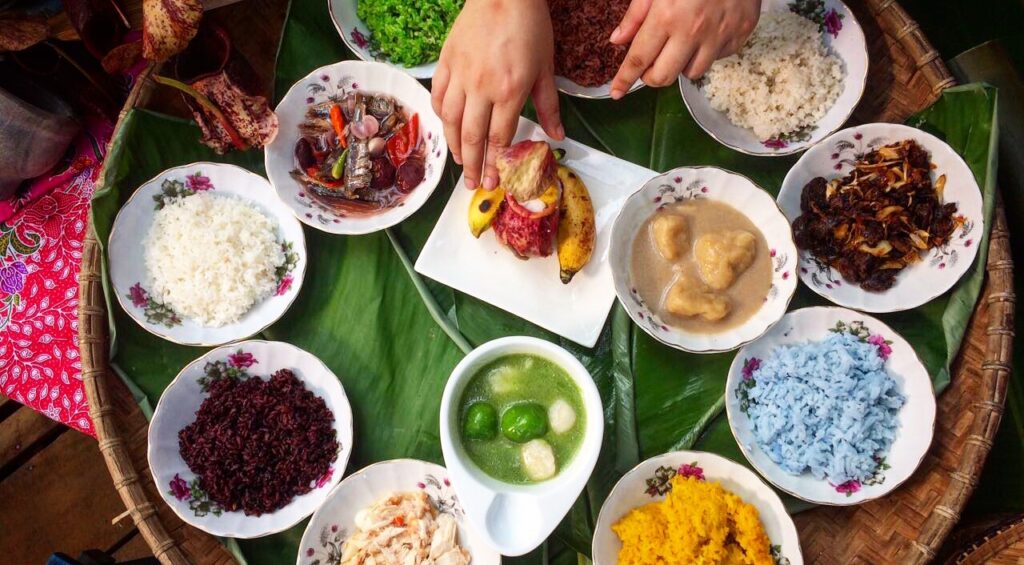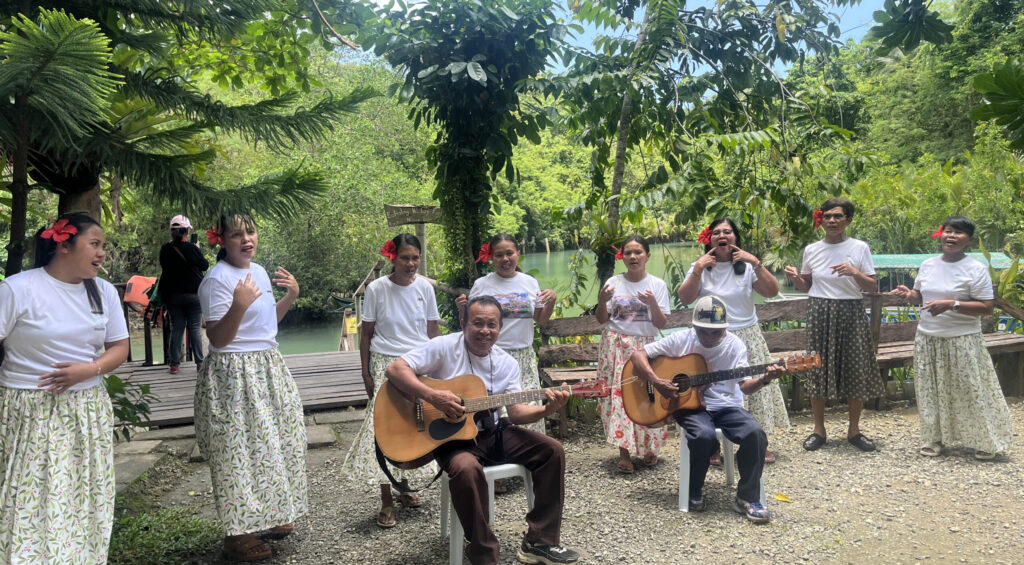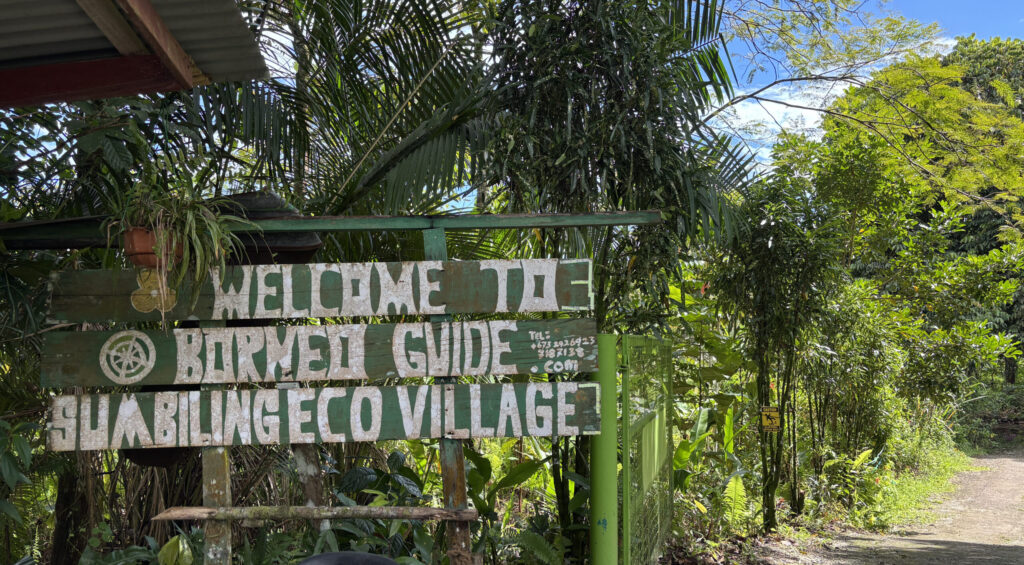Published on January 14, 2025
Ock Pop Tok: A Social Enterprise Weaving Sustainability into Tourism in Luang Prabang, Laos
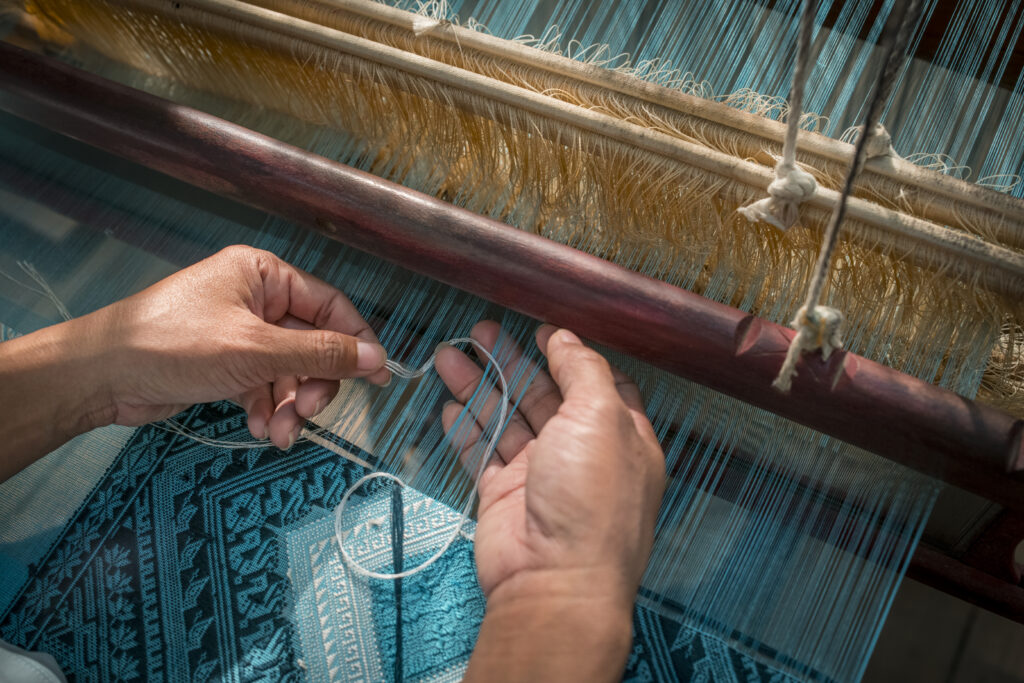
Nestled amidst the serene beauty of Luang Prabang, Laos, Ock Pop Tok stands as a beacon of sustainable tourism, seamlessly intertwining cultural heritage with responsible practices. This remarkable social enterprise has not only revitalized traditional Laotian textiles but has also become a catalyst for community development and environmental stewardship.
| Place : | Ock Pop Tok, Luang Prabang, Lao PDR |
| Initiative : | Community-Centric Development: Prioritizing the needs and well-being of local communities is essential for sustainable tourism. Cultural Preservation: Protecting and promoting local heritage and traditions ensures that tourism contributes to the long-term vitality of a destination. Environmental Stewardship: Adopting responsible practices and sustainable initiatives minimizes the negative impact of tourism on the environment. Fair Trade and Ethical Practices: Upholding Fair Trade and Ethical Practices ensures that all stakeholders, including artisans and suppliers, are treated fairly and equitably. Capacity Building and Knowledge Sharing: Empowering local communities and businesses with appropriate skills and knowledge enables them to thrive in the tourism industry. |
| Actors : | Ms. Veomanee Douangdala, Co-Founder, Ock Pop Tok |
| URLs : | www.ockpoptok.com |
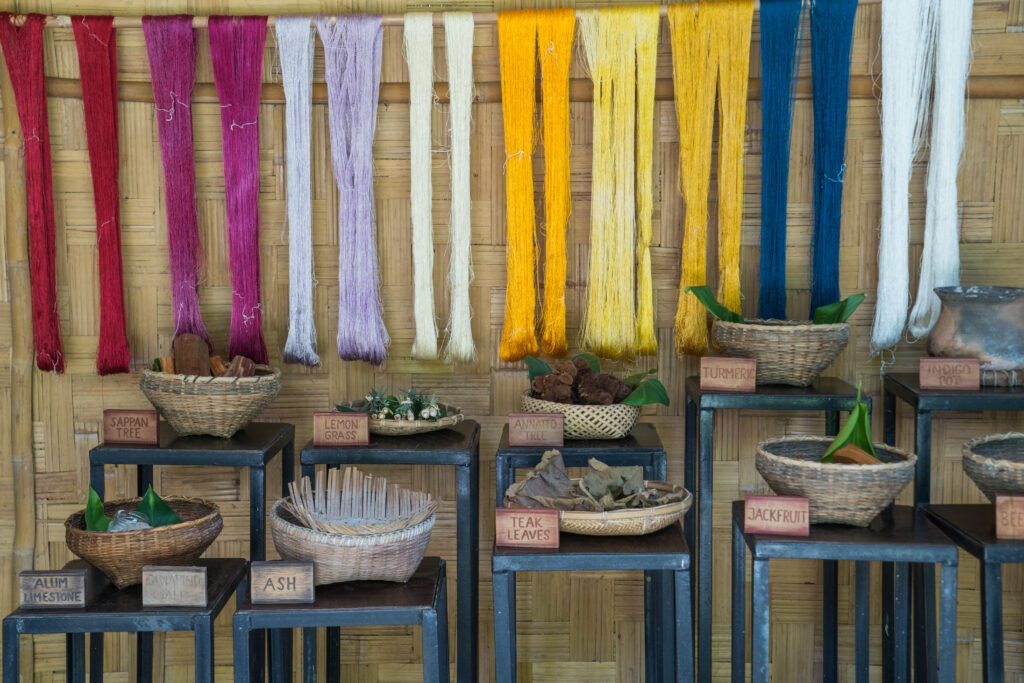
Ock Pop Tok is a social enterprise that operates at the intersection of culture, commerce, and sustainability. Their primary business activities include:
- Textile Production and Sales: Ock Pop Tok produces a wide range of handcrafted textiles, including scarves, bags, clothing, and home decor items. These products are made using traditional weaving techniques and high-quality natural materials.
- Cultural Tourism Experiences: Ock Pop Tok offers a variety of cultural tourism experiences, such as weaving workshops, guided tours, living museum, accommodation and restaurant. These activities provide visitors with opportunities to learn about Laotian culture, heritage, and traditions.
- Community Development Initiatives: Ock Pop Tok is actively involved in community development projects, including skills training programs, fair trade initiatives, and environmental conservation efforts.
Through its business activities, Ock Pop Tok generates revenue that is reinvested into the organization’s social and environmental programs. This sustainable business model ensures that the organization can continue to make a meaningful contribution to the community and the preservation of Laotian culture.
A Humble Beginning: The Birth of Ock Pop Tok
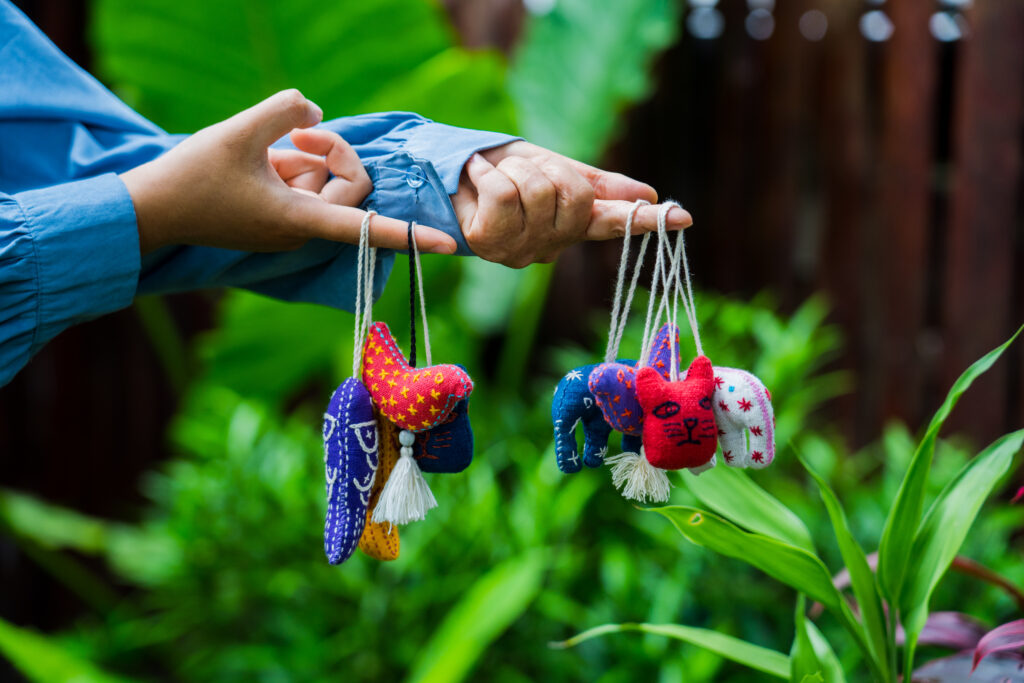
Ock Pop Tok, a cultural exchange project, began with a simple dream and a mother’s wisdom. Growing up in a weaving family in Laos, the founder, Veomanee Douangdala learned the art of weaving from her indigo master mother. Inspired by the rich weaving culture in her country, she sought to share this tradition with the world. A serendipitous meeting between Englishwoman Joanna Smith and Douangdala in 2000 sparked the creation of Ock Pop Tok. Their shared passion for Laotian culture and a desire to empower local artisans led to the establishment of this social enterprise. Together, they envisioned a project that would celebrate Laotian heritage while offering opportunities for artisans to thrive. By combining their complementary skills and perspectives, Smith and Douangdala successfully created products that seamlessly blend contemporary design with a strong Laotian identity. This fusion of East and West is aptly reflected in the name Ock Pop Tok, which translates to “East Meets West” in the Lao language. Their goal was to create beautiful, unique products that could be enjoyed by people around the globe.
From Mothers to Daughters: A Chain of Knowledge and Skill
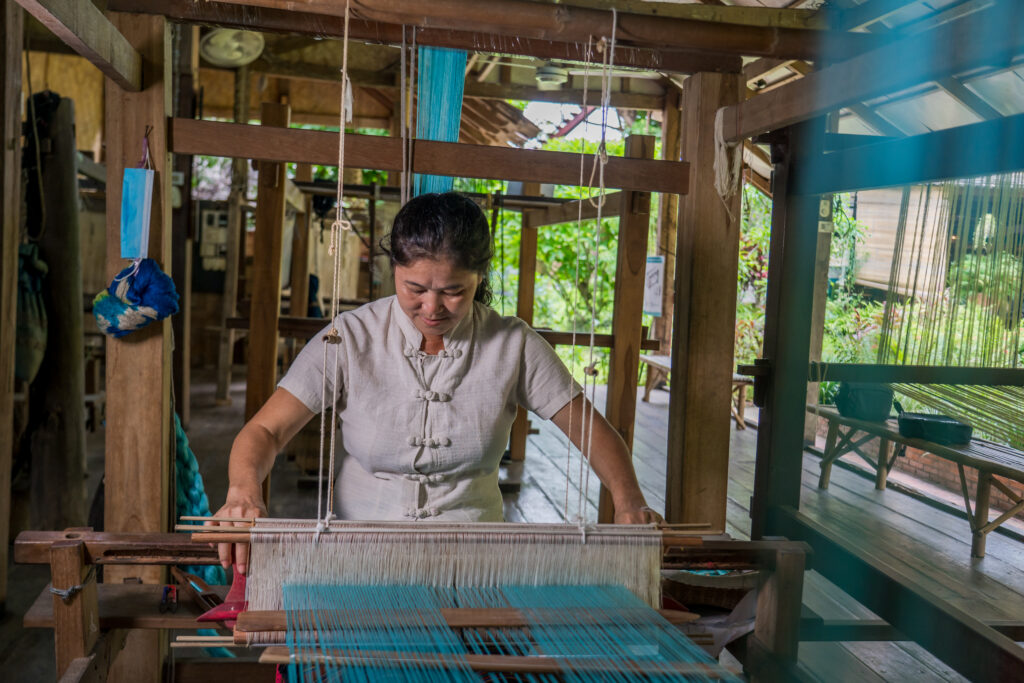
In Laos, weaving has historically been a predominantly female craft, passed on from mothers to daughters or within families. This intergenerational transmission has not only preserved the technical aspects of weaving but has also imbued the practice with cultural significance and emotional value. Mothers often share their knowledge and skills with their daughters, passing down not just techniques but also stories, memories, and a deep connection to their heritage.
Tourism Content Development: Weaving Stories into Experiences
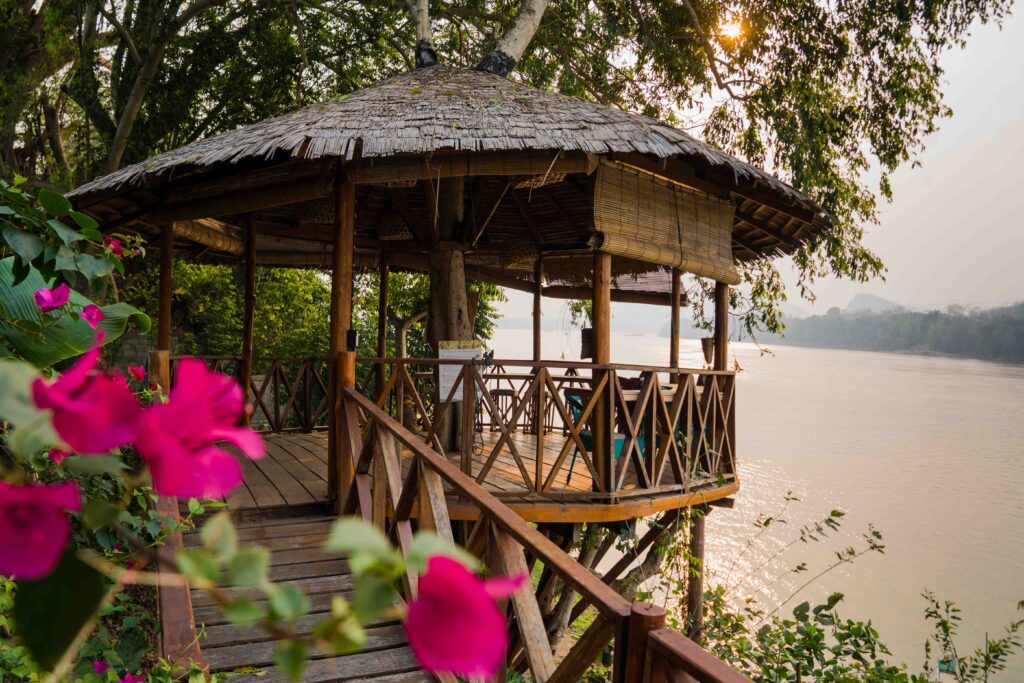
Ock Pop Tok recognizes the power of storytelling in attracting responsible travelers. By developing engaging tourism content, it has successfully positioned Luang Prabang as a destination that offers authentic cultural experiences. Through immersive workshops, guided tours, and educational programs, visitors can delve into the intricacies of Laotian weaving, gaining a deeper appreciation for the heritage and craftsmanship behind each piece.
Creating Quality Tourism Destinations: A Focus on Sustainability
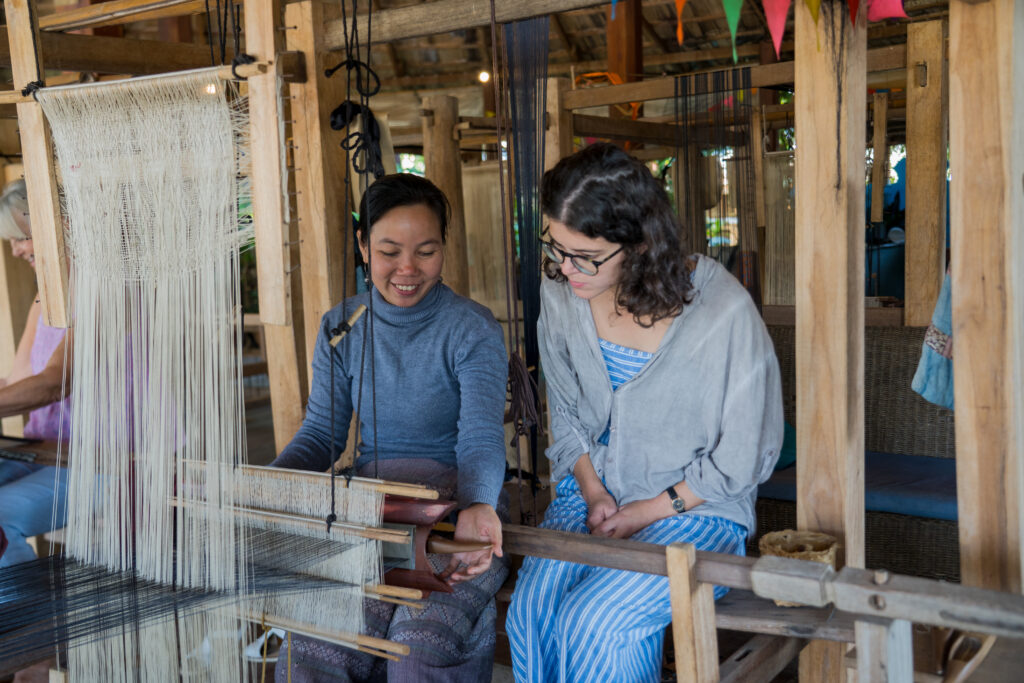
Ock Pop Tok’s commitment to sustainability extends beyond its products to the overall tourism experience. The organization has played a crucial role in developing Luang Prabang as a responsible tourism destination. By promoting eco-friendly practices, minimizing environmental impact, and supporting local communities, Ock Pop Tok has helped to create a harmonious balance between tourism development and cultural preservation.
Strengthening Capacity Building and Knowledge Sharing
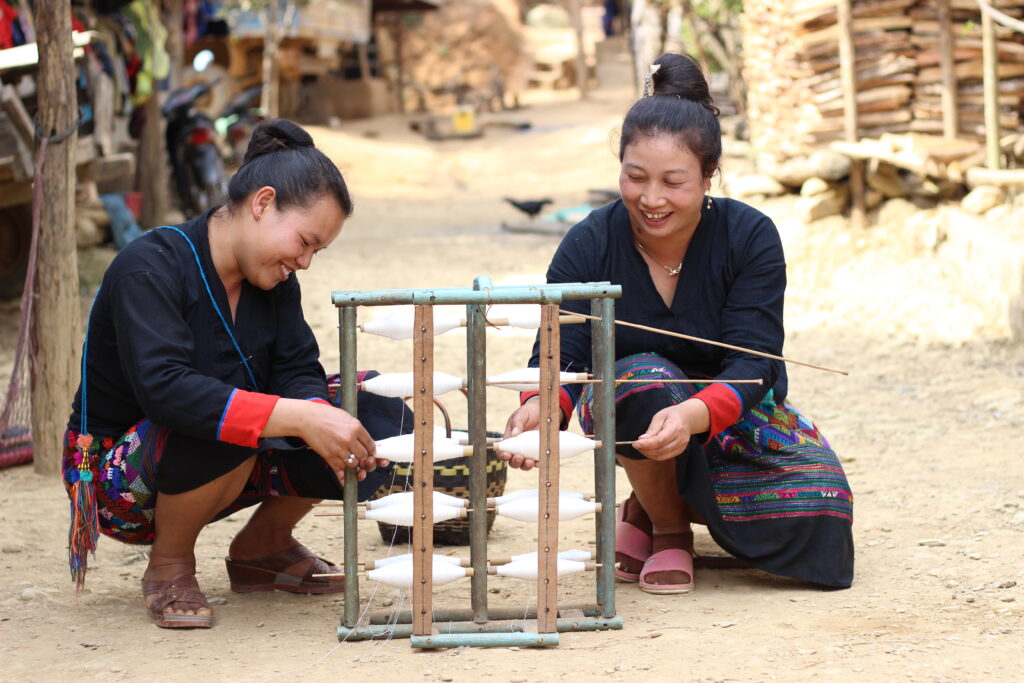
Ock Pop Tok’s success lies not only in its own initiatives but also in its ability to foster collaboration and knowledge sharing. Beyond economic empowerment, Ock Pop Tok has been instrumental in fostering community development. The enterprise has established training programs to equip artisans of other villages with the skills needed to thrive in the modern market, ensuring that traditional knowledge is passed on to future generations.
Apart from their own projects, Ock Pop Tok was also involved in a capacity development program undertaken by the Lao government in six villages in three provinces. This program targeted 120 families whose income before and after the program was recorded. In some cases, the income increased by 80%.
Ock Pop Tok’s own fair trade practices guarantee that artisans receive fair compensation for their work, contributing to improved livelihoods and social well-being.
Ock Pop Tok’s journey exemplifies the power of sustainable tourism to create positive change. By preserving cultural heritage, empowering communities, and promoting responsible practices, this remarkable social enterprise has not only revitalized the weaving industry in Luang Prabang but has also set a shining example for sustainable tourism development worldwide.
Interviewee
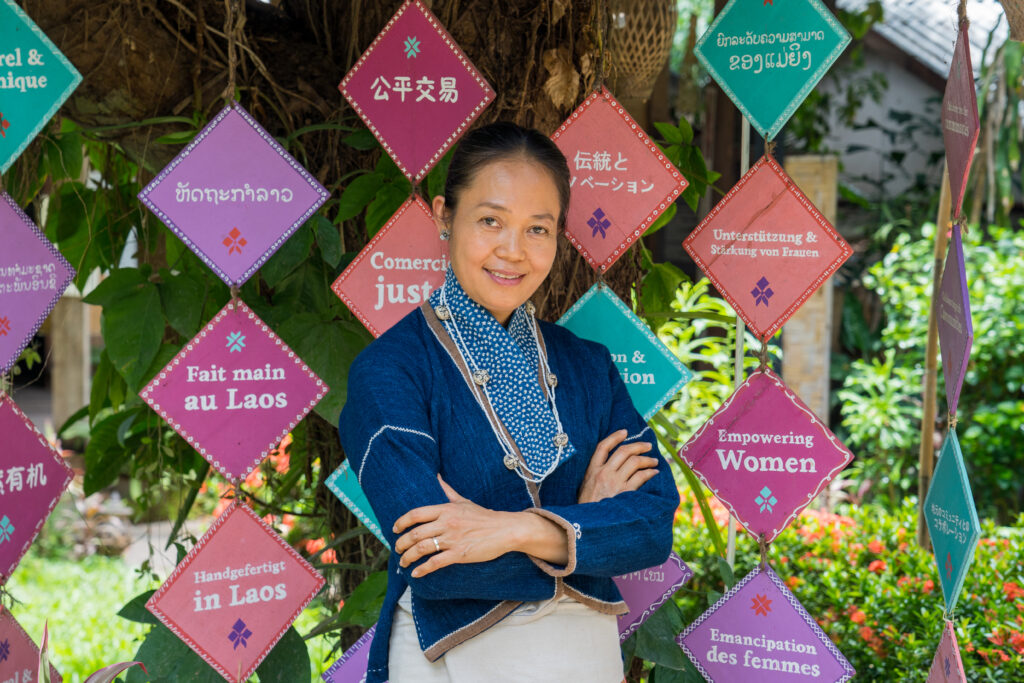
Veomanee Douangdala
Co-Founder
Ock Pop Tok
“We call ourselves a social enterprise. Business needs to make profit, but we believe that when women get good income, it goes back to the family more.”

